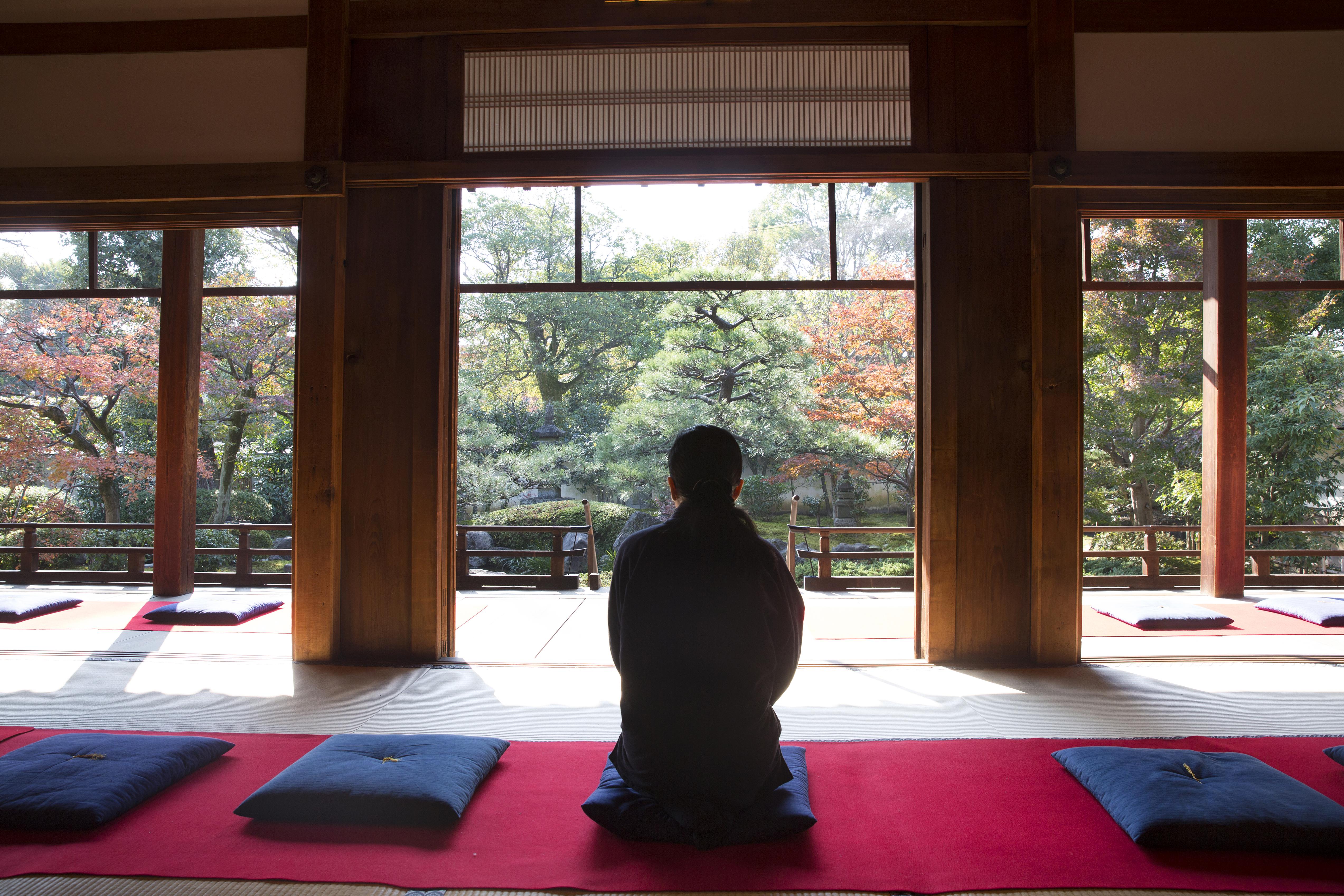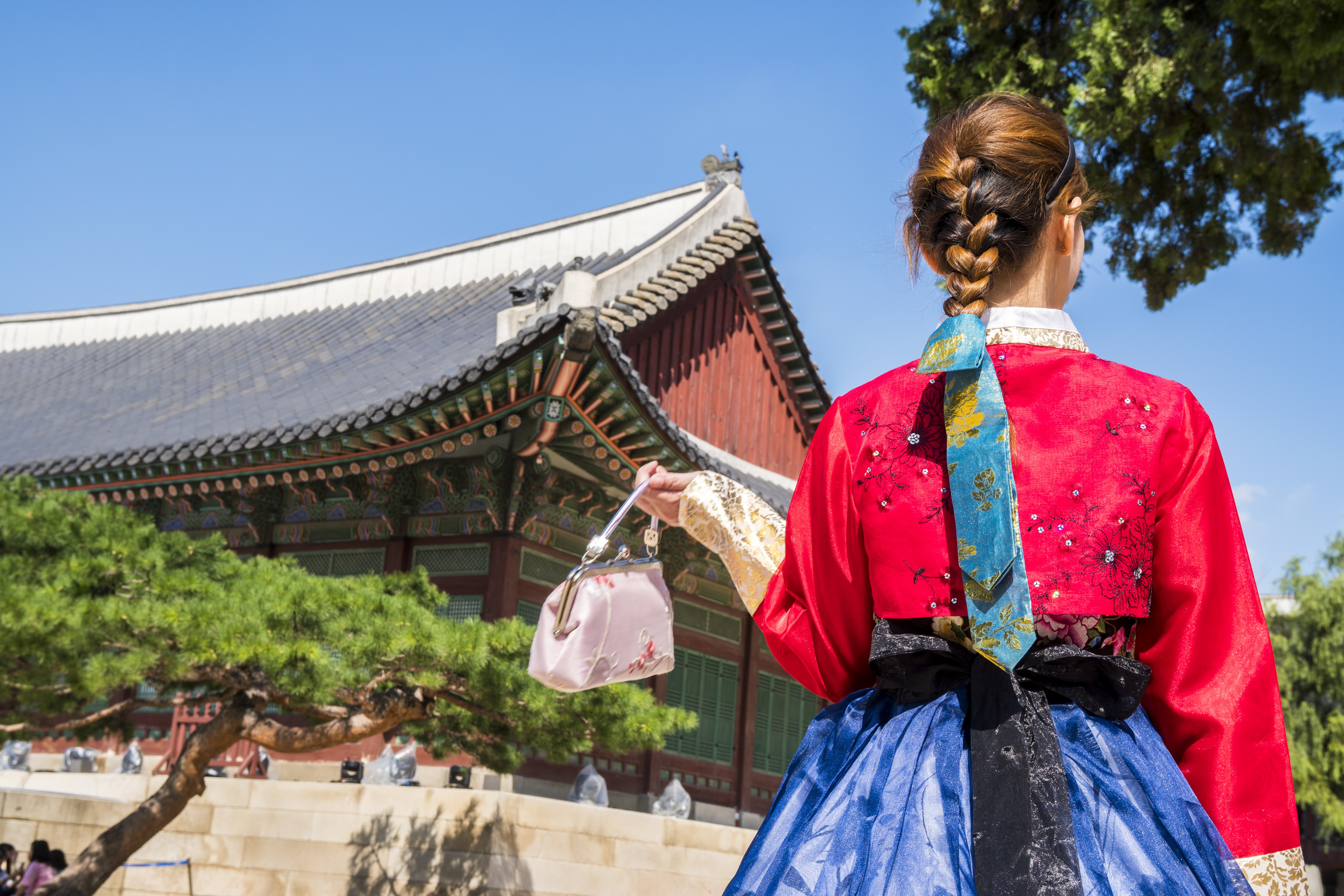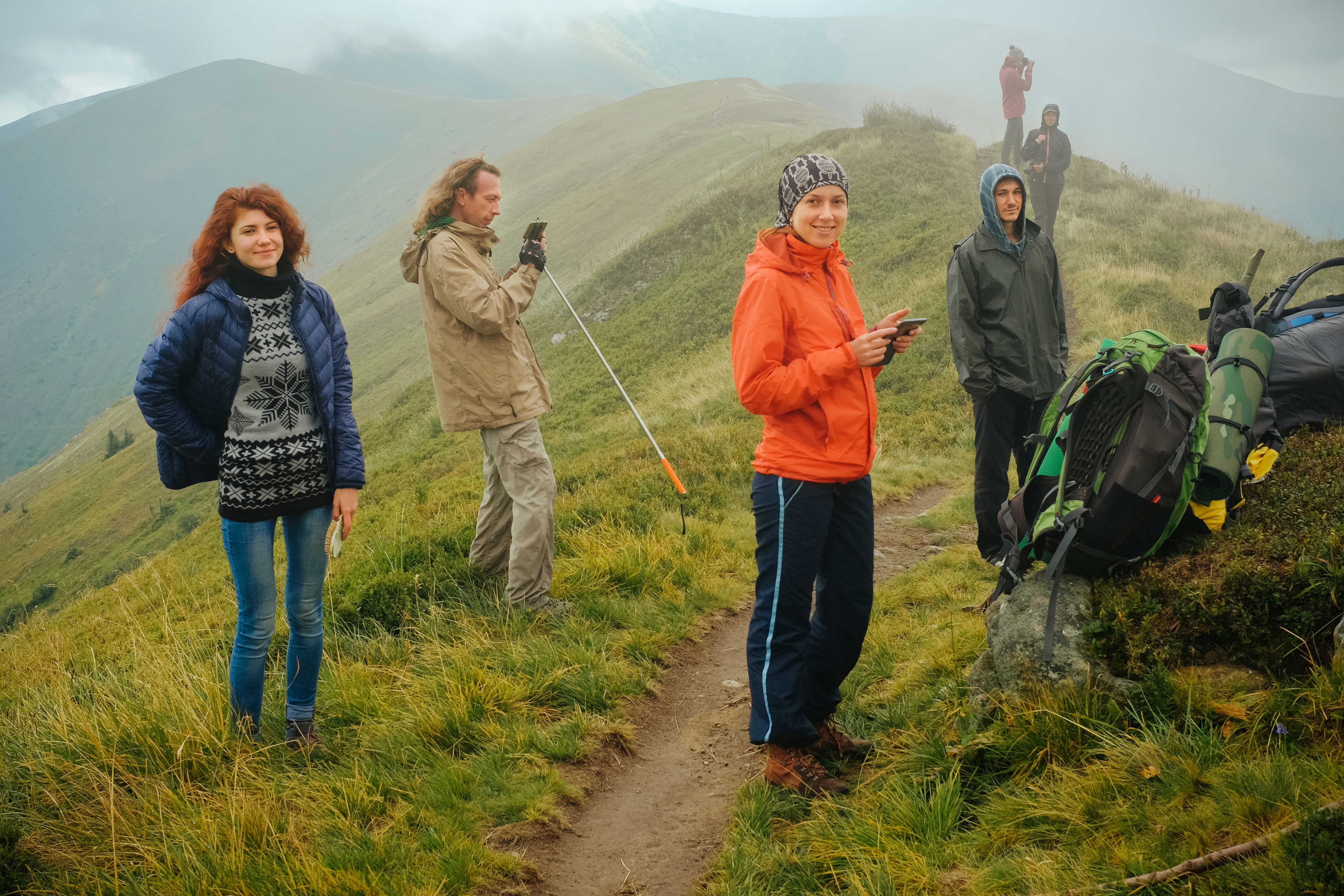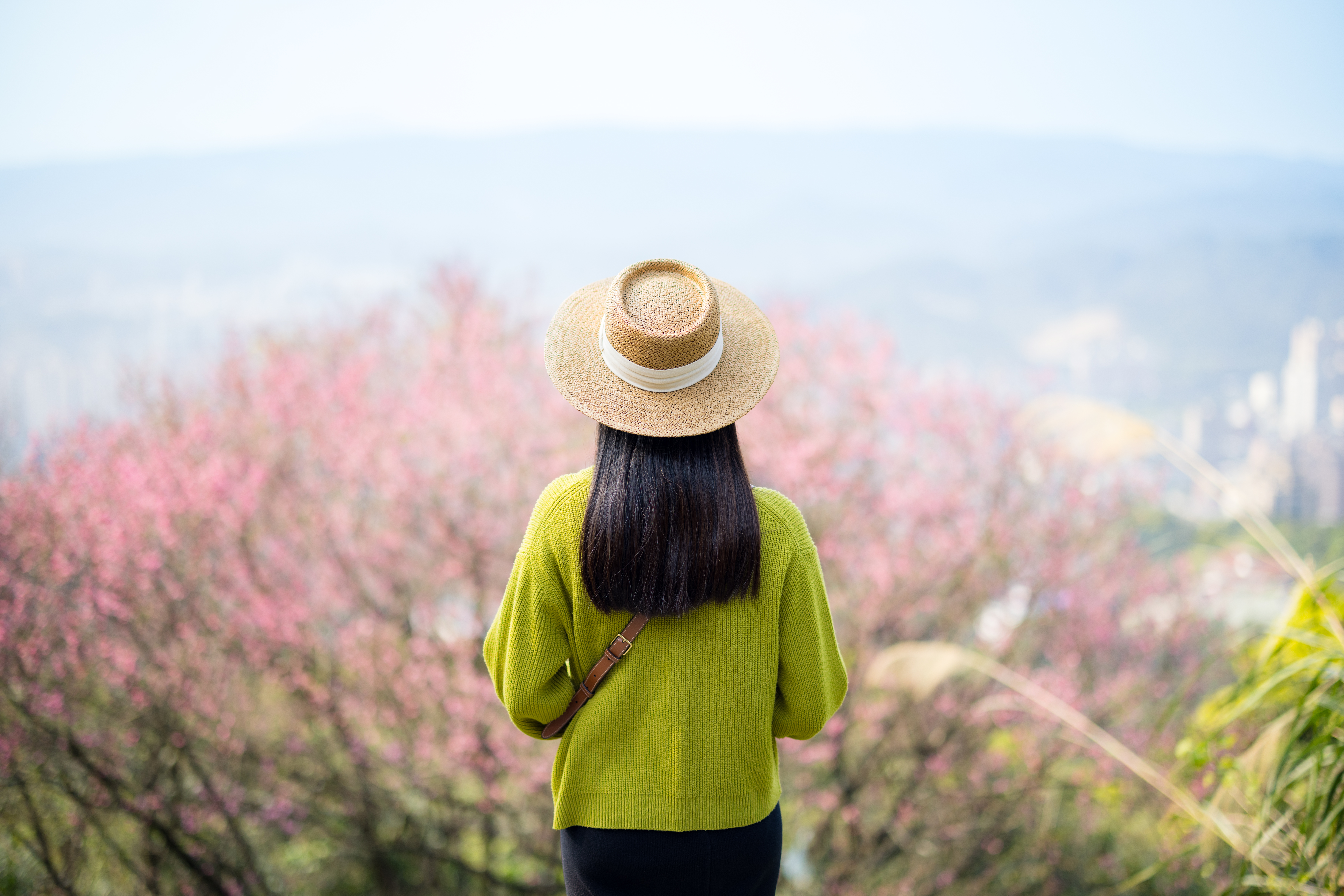10 Ways to Be a More Respectful and Aware Traveler
In a world that’s more connected than ever, the way we treat one another matters just as much as the places we go. Whether you're crossing borders or simply meeting someone from a different background, the ability to approach others with empathy, openness, and respect can transform not only your experience—but the world you’re shaping through it. This article shares 10 thoughtful, practical insights to help you move through life with deeper cultural sensitivity and human connection. These aren’t rigid rules or travel tips—they’re everyday mindset shifts: ways to listen more carefully, judge less quickly, and act with quiet humility. Because being a respectful traveler—or neighbor, colleague, or stranger—isn’t about perfection. It’s about presence. It’s about paying attention. And above all, it’s about honoring the stories and spaces we’re lucky enough to step into. Let’s take a closer look at how small gestures can help create a more thoughtful, inclusive world.
1. The Power of Active Listening

Active listening is a foundational skill in promoting kindness and cultural sensitivity. It involves giving full attention to the speaker, understanding their message, and responding thoughtfully. This practice not only shows respect but also helps in breaking down cultural barriers. By listening actively, we open ourselves to learning about different perspectives and experiences. This understanding fosters empathy, allowing us to connect with others on a deeper level. In multicultural settings, active listening can prevent misunderstandings and build trust, making it an essential tool for anyone looking to navigate the world with kindness.
2. Understanding Cultural Contexts

Every culture has its own set of norms, values, and traditions that shape the behavior and expectations of its people. Understanding these cultural contexts is crucial for meaningful interactions. It requires research and openness to learning about the historical and social backgrounds that influence cultural practices. By appreciating these differences, we can avoid stereotypes and assumptions that often lead to cultural insensitivity. This understanding not only enriches our personal experiences but also demonstrates respect for the diversity that exists in the world, paving the way for more respectful and informed interactions.
3. Language as a Bridge

Language is a powerful tool for connecting with others, and even a basic effort to learn a few phrases in another language can show respect and willingness to engage. Language learning goes beyond words; it includes understanding cultural nuances and expressions that are often lost in translation. This effort can break down barriers and foster a sense of belonging and respect. Moreover, language is a gateway to understanding cultural stories, humor, and values, providing deeper insights into the lives of others. By using language as a bridge, we can create more meaningful and respectful interactions across cultures.
4. The Role of Nonverbal Communication

Nonverbal communication, such as gestures, facial expressions, and body language, plays a significant role in cross-cultural interactions. These cues can vary widely between cultures, and what is considered polite in one culture may be offensive in another. Being aware of these differences is essential for effective communication. Observing and adapting to nonverbal signals can help in conveying respect and understanding. By being mindful of our own body language and interpreting others' cues accurately, we can navigate cultural interactions more smoothly, reducing the risk of miscommunication and fostering a more inclusive environment.
5. Cultivating Empathy and Open-Mindedness

Empathy and open-mindedness are key components of kindness and cultural sensitivity. Empathy involves putting ourselves in others' shoes, while open-mindedness requires us to be receptive to new ideas and perspectives. Together, they enable us to appreciate the richness of diverse cultures and experiences. Cultivating these traits involves conscious effort and practice, such as engaging in conversations with people from different backgrounds and reflecting on our biases. By fostering empathy and open-mindedness, we can approach cultural interactions with a genuine desire to understand and learn, creating a more inclusive and compassionate world.
6. The Importance of Patience and Tolerance

Navigating cultural differences requires patience and tolerance. Misunderstandings are inevitable, but responding with patience allows for constructive dialogue and learning opportunities. Tolerance involves accepting differences and recognizing that there is no single "right" way to live or communicate. By practicing patience and tolerance, we create space for growth and understanding, both for ourselves and others. This approach not only enhances our interactions but also contributes to a more harmonious coexistence. Embracing patience and tolerance is a vital step in building relationships based on mutual respect and kindness.
7. Education and Self-Awareness

Education and self-awareness are critical for developing cultural sensitivity. Education provides the knowledge needed to understand different cultures, while self-awareness helps us recognize our biases and assumptions. By actively seeking information and reflecting on our attitudes, we can challenge stereotypes and broaden our perspectives. This process involves continuous learning and unlearning, as cultures are dynamic and ever-evolving. By committing to education and self-awareness, we equip ourselves with the tools to engage with others respectfully and thoughtfully, fostering a more inclusive and empathetic global community.
8. Celebrating Cultural Diversity

Celebrating cultural diversity involves recognizing and appreciating the unique contributions of different cultures. This celebration can take many forms, such as participating in cultural festivals, trying diverse cuisines, or learning about traditional arts and crafts. By embracing cultural diversity, we acknowledge the richness it brings to our lives and communities. This appreciation goes beyond tolerance; it involves actively valuing and supporting cultural expressions. Celebrating diversity fosters a sense of belonging and respect, encouraging us to view cultural differences as opportunities for enrichment rather than obstacles.
9. Building Inclusive Communities

Building inclusive communities requires intentional efforts to create spaces where everyone feels valued and respected. This involves promoting diversity and equity in all aspects of community life, from workplaces to social settings. Inclusivity requires us to challenge discriminatory practices and advocate for equal opportunities for all. By fostering inclusive communities, we create environments where cultural differences are celebrated, and everyone has the opportunity to thrive. This commitment to inclusivity not only benefits individuals but also strengthens community bonds, creating a more harmonious and supportive world.
10. Practicing Humility and Gratitude

Humility and gratitude are essential virtues in navigating the world with kindness. Humility involves recognizing that we do not have all the answers and being open to learning from others. Gratitude encourages us to appreciate the contributions and perspectives of those around us. Together, these virtues foster a mindset of respect and appreciation for diversity. Practicing humility and gratitude helps us approach cultural interactions with a sense of wonder and respect, creating opportunities for meaningful connections. By embracing these virtues, we contribute to a more compassionate and understanding global society.
A Journey Towards Global Harmony

Cultural sensitivity isn’t a destination—it’s a practice. The insights shared here aren’t just reminders; they’re invitations. To pause. To listen. To lead with empathy even when it’s inconvenient. Whether you’re traveling across the globe or connecting with someone in your own neighborhood, these small shifts—choosing curiosity over assumption, language as a bridge, and humility over certainty—can ripple outward in powerful ways. When we honor the stories, customs, and dignity of others, we create space for real connection. And when enough of us do that, something bigger happens: kindness becomes contagious, and inclusivity becomes culture. So keep learning. Keep unlearning. Keep showing up with care. Because the world doesn’t need more perfect people—it needs more conscious ones. The journey to a more compassionate, respectful world starts with us—and it starts now.








